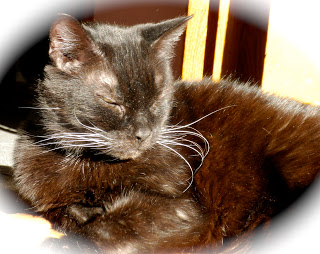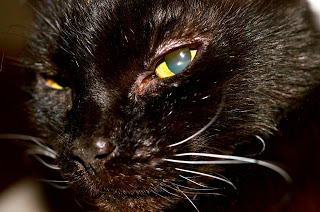Jay Leno’s The Tonight Show has an occasional segment called “Fun with Fake Surveys.” Some of the show’s writers go to a local mall and pretend to “survey” shoppers. They would collect a few bits of info from those who responded (the “target”) in return for a gift card. Info like your name (first and last), college you attended, home town, marital status, hobbies, etc. Then another actor would use that info to pretend to be someone the target had known from college, or met at the beach, or who works out at the same location. The fake friend would begin a conversation, and it would lead to a compromising situation when other actors playing bosses, new husbands, or creepy road rage stalkers joined in. They wanted to see how far the target would take the charade for their “friend.”
To see what actually happens, you’ll have to see the show. Fortunately The Tonight Show is available online, free, at NBC’s website. I’ll even make it easier for you, here’s the link to the show that prompted this blog post.
On another but related note, hardly a week goes by without a Facebook Friend request to add my date of birth to a FB app. Your birthday is one of a handful of pieces of information that can unlock a whole host of other information that can let another person pretend to be you. That’s identity theft, and it is bad. In my life, the only people who need to know my date of birth are family, moderate to close friends, the IRS, my employer (for the IRS), my bank (also for the IRS). And anyone doing a criminal background check (I always pass, thank you for asking). I decline the FB app requests. I recommend that when you sign up for services such as FB that really do not need your birthday but insist you put down some date or you don’t get to use the service, do not provide your real birthday.
I recommend you carefully consider what information about yourself you make available, to anyone who may be asking. Even if it seems innocuous. Information trafficking is a big black market business.
I wonder how many people the Tonight Show actors approached to get the three featured targets on this episode. How many said no, or gave only partial info (like refused to give their last names). I wonder if any gave fake info, so would know immediately that the person approaching, pretending to know them, were bogus? Anyone up to calling The Tonight Show‘s producers to ask?


